

Screws and fasteners are essential components used to join materials together in a vast array of applications, from simple home repairs to complex industrial assemblies. This guide explores the different types of screws and fasteners, their materials, and key considerations for selecting the right one for your needs, ensuring a secure and lasting connection.Understanding the Basics of ScrewsScrews are a type of fastener characterized by a helical ridge, known as a thread, wrapped around a cylindrical or conical shaft. They are designed to be inserted into a pre-tapped hole or to create their own mating thread as they are turned. This threading action provides a strong clamping force, holding materials together securely.Types of ScrewsThere are many different types of screws, each designed for specific applications. Here are a few common examples: Wood Screws: Designed for use in wood, these screws typically have a tapered shank and coarse threads for gripping the wood fibers. Machine Screws: These screws have a uniform diameter and are designed to be used with nuts or tapped holes. Sheet Metal Screws: These screws are designed to fasten thin sheets of metal together. They often have a sharp point for self-tapping. Drywall Screws: Designed for attaching drywall to studs, these screws are typically made of hardened steel and have a bugle head. Self-Tapping Screws: These screws create their own threads as they are driven into the material, eliminating the need for pre-drilled holes in some applications.Screw Head TypesThe head of a screw plays a crucial role in its function and appearance. Common head types include: Flat Head: Sits flush with the surface of the material. Round Head: Provides a decorative and slightly raised appearance. Oval Head: A combination of flat and round, offering a semi-flush finish. Pan Head: A slightly rounded head with a flat bearing surface. Bugle Head: Specifically designed for drywall applications, preventing tearing of the paper surface.Exploring the World of FastenersWhile screws are a prominent type of fastener, the term encompasses a broader range of hardware used for joining materials. Fasteners can include bolts, nuts, washers, rivets, and more.Types of Fasteners Bolts: Externally threaded fasteners designed to be inserted through holes and tightened with a nut. Nuts: Internally threaded fasteners used in conjunction with bolts to secure materials. Washers: Thin, flat rings used to distribute the load of a fastener, prevent loosening, or protect the surface of the material. Rivets: Permanent fasteners that are deformed to create a strong joint. Anchors: Used to secure fasteners to brittle materials like concrete or masonry.Materials Used in Screws and FastenersThe material used to manufacture screws and fasteners significantly impacts their strength, corrosion resistance, and overall performance. Common materials include: Steel: A strong and versatile material, often coated with zinc or other finishes for corrosion protection. Stainless Steel: Offers excellent corrosion resistance, making it ideal for outdoor or marine applications. Grades like 304 and 316 are common. Aluminum: Lightweight and corrosion-resistant, suitable for applications where weight is a concern. Brass: Offers good corrosion resistance and electrical conductivity, often used in decorative applications. Alloy Steel: Steel alloyed with elements like chromium, nickel, or molybdenum to enhance strength, hardness, or corrosion resistance.Selecting the Right Screws and Fasteners: Key ConsiderationsChoosing the appropriate screws and fasteners for your project is crucial for ensuring a secure and long-lasting connection. Consider the following factors: Material Compatibility: Ensure the fastener material is compatible with the materials being joined to prevent corrosion or other adverse reactions. Load Requirements: Determine the amount of weight or stress the fastener will need to withstand. Environmental Conditions: Consider whether the fastener will be exposed to moisture, chemicals, or extreme temperatures. Accessibility: Ensure there is sufficient space to install and tighten the fastener. Appearance: Choose a fastener with a head style and finish that is aesthetically pleasing. Corrosion Resistance: Especially important for outdoor applications. Stainless steel or coated fasteners are often preferred.Hebei Muyi Import&Export Trading Co.,Ltd: Your Partner for Quality FastenersWhen sourcing reliable screws and fasteners, partner with a trusted supplier. Hebei Muyi Import&Export Trading Co.,Ltd offers a wide range of high-quality fasteners to meet diverse needs. Their expertise and commitment to customer satisfaction make them a valuable resource for your projects.Screw and Fastener Size Charts and StandardsUnderstanding screw sizes and fastener standards is vital for proper selection and application. Common standards include ANSI, ISO, and DIN. These standards define dimensions, thread types, and material properties.Common Thread Types UNC (Unified National Coarse): A general-purpose thread with a coarser pitch. UNF (Unified National Fine): A finer thread with a greater number of threads per inch, providing increased holding power. Metric Threads: Defined by ISO standards, denoted by an 'M' followed by the nominal diameter in millimeters (e.g., M8). Consult size charts and technical specifications to ensure you select the correct size and thread type for your application. These charts will typically provide information on diameter, thread pitch, head size, and drive type.Table: Comparing Common Fastener Materials Material Strength Corrosion Resistance Cost Typical Applications Carbon Steel High Low (unless coated) Low General construction, automotive Stainless Steel (304) Moderate High Moderate Food processing, marine, outdoor Aluminum Low to Moderate High Moderate Aerospace, lightweight structures Brass Moderate High Moderate Electrical components, decorative hardware Tips for Installing Screws and Fasteners Pre-Drilling: When working with hardwoods or brittle materials, pre-drilling pilot holes is essential to prevent splitting and ensure proper fastener installation. Proper Torque: Over-tightening fasteners can damage the materials being joined or strip the threads. Use a torque wrench to apply the correct amount of force. Lubrication: Applying a lubricant to the threads of screws and fasteners can reduce friction and make installation easier, especially when working with tough materials. Correct Driver Bit: Using the correct driver bit size and type is crucial for preventing damage to the screw head and ensuring a secure grip.Troubleshooting Common Fastener Problems Stripped Threads: Caused by over-tightening or using the wrong size fastener. Consider using a thread repair kit or a larger fastener. Corrosion: Select corrosion-resistant materials or apply a protective coating to prevent rust and degradation. Loose Fasteners: Use locking washers or thread-locking compounds to prevent loosening due to vibration or thermal expansion.By understanding the different types of screws and fasteners, their materials, and proper installation techniques, you can ensure strong and reliable connections in all your projects. Remember to prioritize safety and always consult with a qualified professional if you have any doubts or concerns.


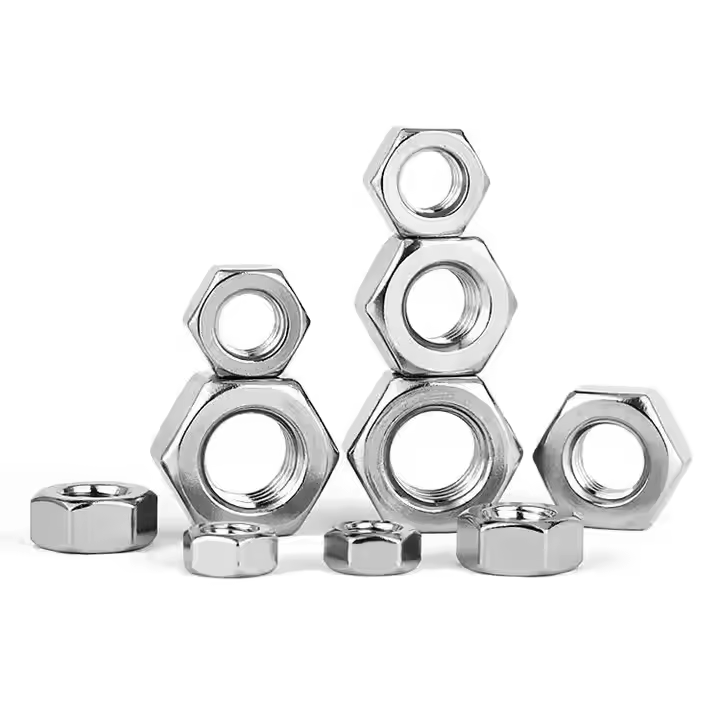
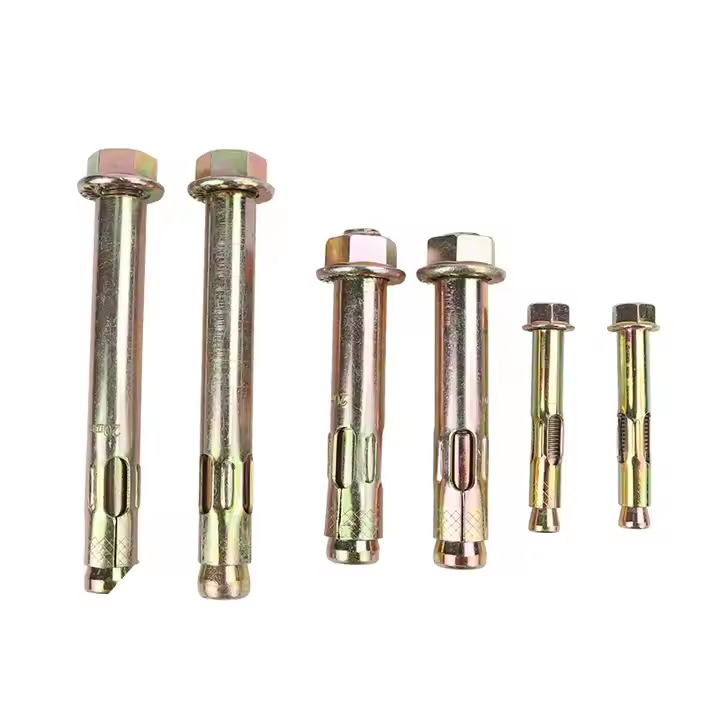
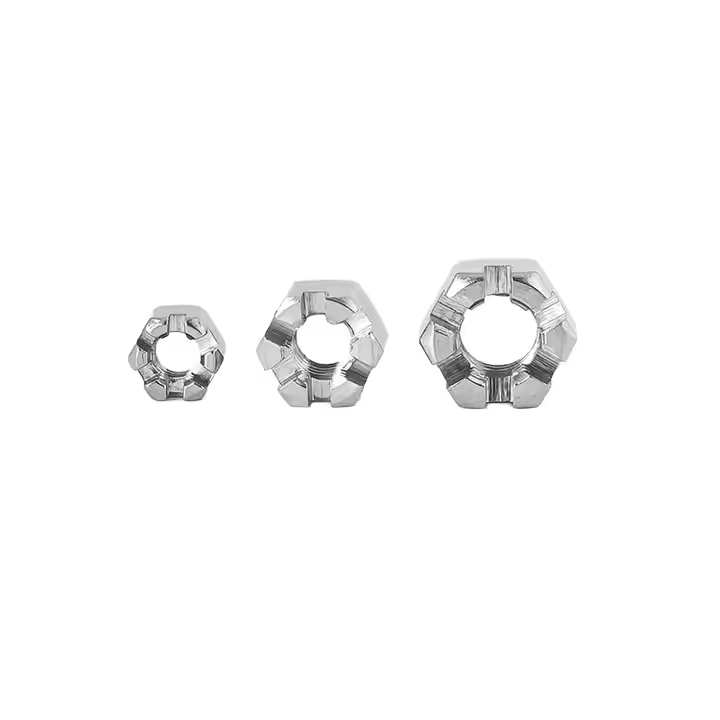


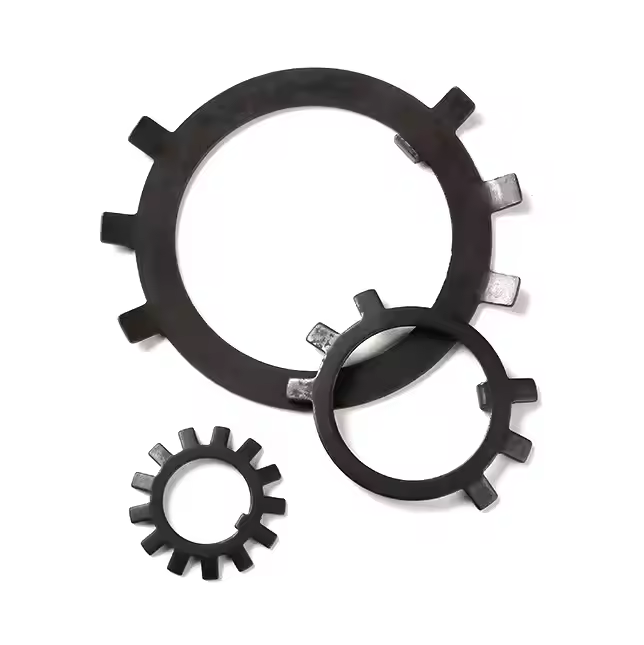
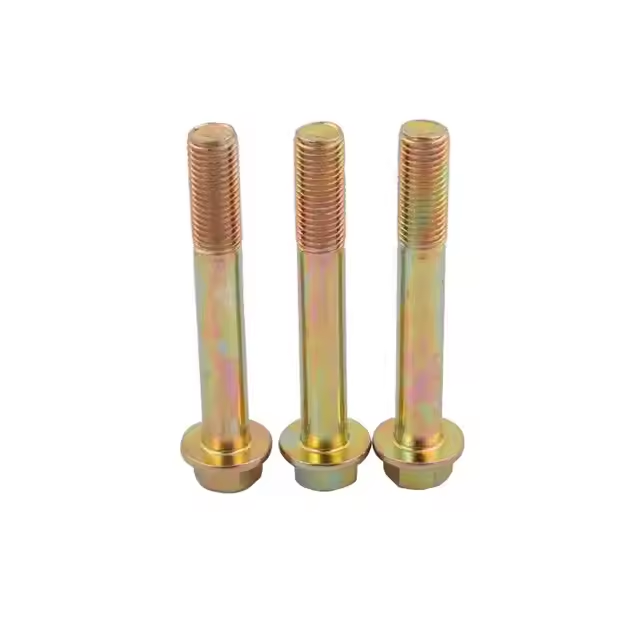



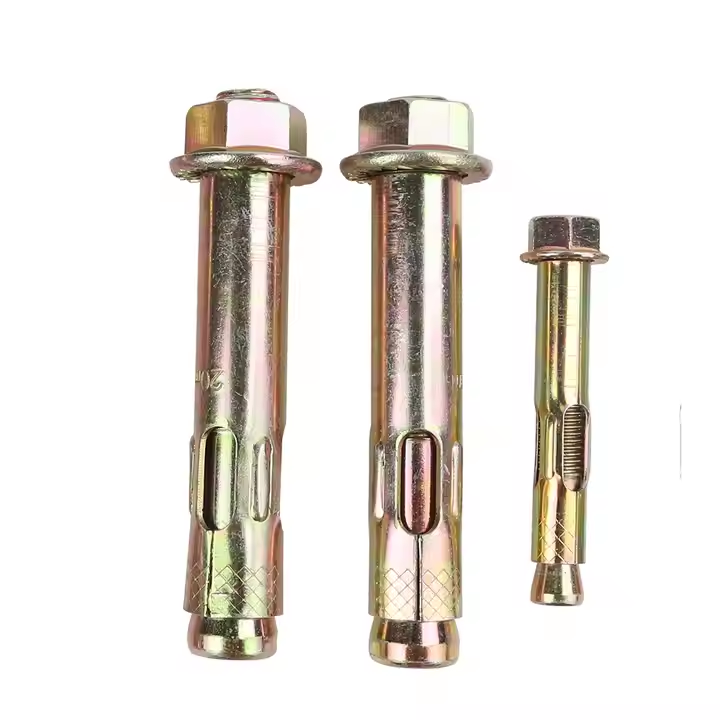
Please enter your email address and we will reply to your email.